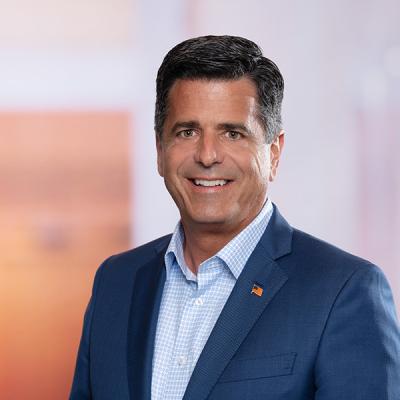COVID-19 Legislative Update - What Will Happen Between Now and July 31, 2020?

As the nation continues to address the spread of the novel coronavirus (“COVID-19”), several precautionary efforts are being taken to ensure citizens remain safe and reduce the prevalence of transmission to vulnerable individuals across the country. Here in Massachusetts, Governor Charlie Baker declared a State of Emergency on Tuesday, March 10th in response to COVID-19, urging executive branch officials and staff to discontinue all work-related international travel among other restrictions. In Baker’s Executive Order No. 591, the Governor expressed the declaration of emergency was effective immediately and shall remain in effect until further notice. The House and Senate have also begun discussions surrounding staffing, future formal sessions and event cancellations, as well as a supplemental budget to allocate $15 million to the Baker Administration for monitoring, treating and containment of COVID-19 in the Commonwealth. Although the State House currently remains open to the public, in-person meetings with legislators and committee hearings may be suspended, causing concerns for the success of major legislation including transportation, health care, sports betting, economic development, and the FY21 state operating budget.
While the Massachusetts State House remains open to the public, House and Senate leadership are deferring to individual members to use their discretion on decisions to conduct meetings and other appearances with stakeholders, advocates and others. As part of Senate President Spilka and Speaker DeLeo’s guidance to their respective members, leadership has urged offices to limit staffing levels to support containment and reduce opportunities for transmission in large quantities. Statehouse events scheduled for the larger meeting rooms have been cancelled until April 9th. Joint Ways and Means Committee hearings on the status of FY21 budget have been indefinitely postponed. The path forward for the remainder of the session continues to be in flux, however, this is not the time to sit back and ignore what is happening on Beacon Hill.
The Legislature and the Executive Branch are focused on the operations of government and are evaluating how best to proceed and conduct business given the public health crisis. The Speaker has organized a House working group to evaluate operations including committee hearings and formal sessions. This group includes House members, senior staff, House Counsel, House Clerk, Information Services and Human Resources staff. In the Senate, the Senate Chair of the Joint Committee on Public Health has been tasked with leading her chamber’s working group to address challenges posed by COVID-19 and any legislation that may be needed to support response efforts.
Both the House and Senate appear to be in agreement on a supplemental budget to support the Commonwealth’s response to COVID-19, primarily for local mediation efforts. On Wednesday, March 11th, the House Committee on Ways and Means filed a $15 million aid package to create a reserve to finance the state’s monitoring, treatment, containment, and prevention efforts against COVID-19. This state funding will be used in addition to federal funding allocated by the CDC, in the amount of approximately $11.7 million, which was an allocation approved by Congress last week.
The legislative agenda is not the only thing in flux for officials at the State House, as the Secretary of State's office will be overseeing several special elections for House and Senate seats, along with hundreds of municipal elections in the next few months. Secretary Galvin’s concerns relative to COVID-19’s impact on elections are lower voter turn-out, insufficient poll workers and unavailability of polling sites, as many polling places are in schools or senior centers. If the Legislature were to act to move this legislation forward in response to COVID-19, the Secretary would have the authority to postpone an election or extend deadlines by 45 days, move polling locations without going to court and authorize alternative voting procedures. With the uncertainty of COVID-19 transmission pathways across the Commonwealth and the United States, it remains to be seen when state operations will return back to standard operating procedures in Massachusetts.
As the Legislature and Executive Branch aggressively focus on COVID-19 related issues, your ML Strategies team will continue to monitor and engage state and local leaders on legislative and regulatory priorities by keeping lines of communication open on a daily basis with legislators and staff. As legislation continues to move along through the legislative process, ML Strategies will remain vigilant on legislative strategies and their goals set in place before the outbreak of COVID-19.
Steven Baddour – Senior Vice President of Government Relations
Former Massachusetts State Senator
Daniel Connelly – Senior Vice President and Compliance Officer
Former General Counsel, Senate Committee on Ways and Means
Kaitlyn Sprague – Director of Government Relations
Former Legislative Director for Governor Charlie Baker
Caitlin Beresin – Vice President Legislative Affairs
Former Staff Attorney, House Committee on Ways and Means
Taylor Shepherd – Manager of Government Relations
Former Fiscal Policy Analyst, House Committee on Ways and Means
Content Publishers
Steven A. Baddour
Executive Vice President & Director of Operations
Daniel J. Connelly
Senior Vice President and Compliance Officer

Kaitlyn Sprague





